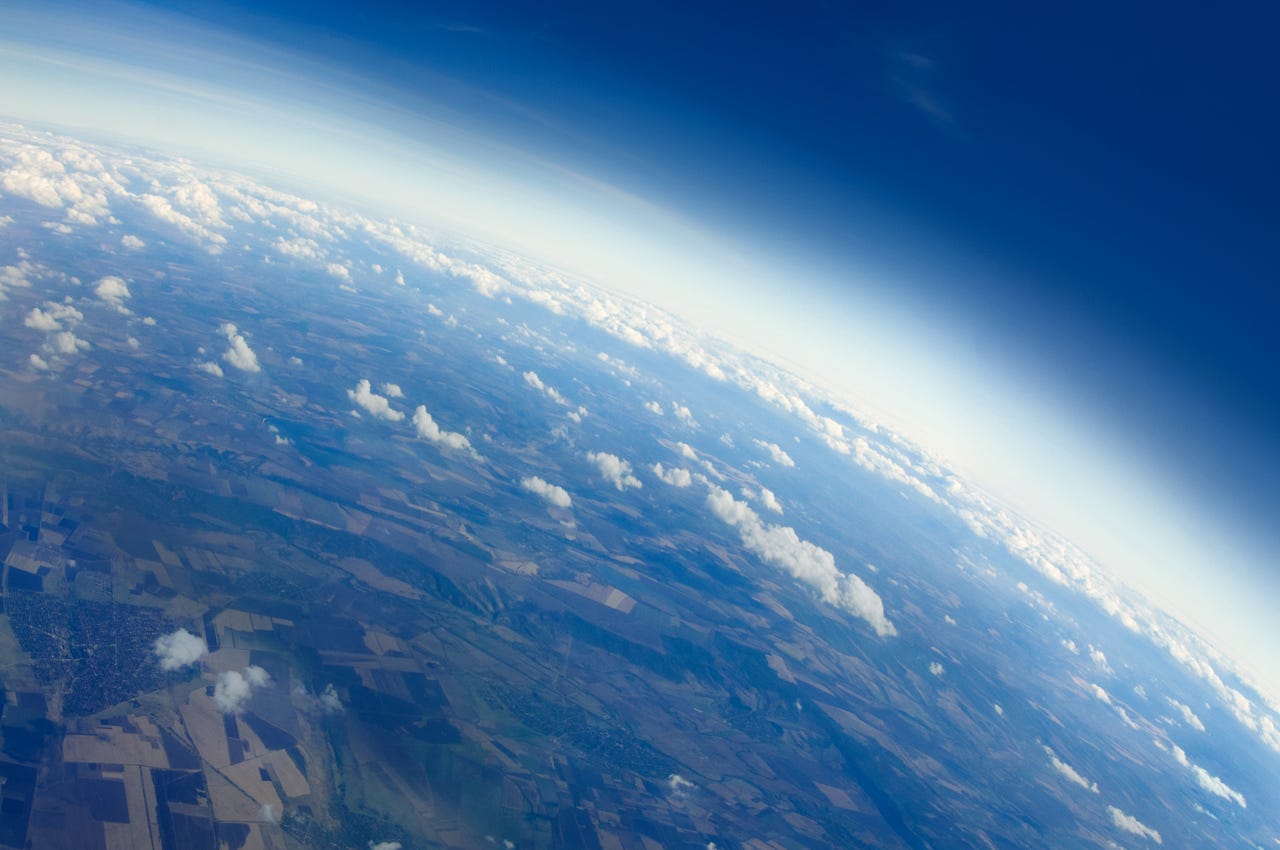Amazon's Kuiper satellite broadband takes a big step forward - despite SpaceX objections


Amazon's Project Kuiper has won the FCC's approval for its network of 3,236 satellites despite claims by SpaceX it would introduce collision risks with the Starlink constellation.
The FCC initially approved Amazon's Kuiper satellite plans in 2020 but has been considering various objections raised by SpaceX, Viasat and others over debris and collision risks with other satellite constellations.
But the FCC came down on Amazon's side after approving its debris mitigation plan. Other issues raised include Amazon's post-mission disposal reliability, completion of satellite design, and orbital separation.
"Our action will allow Kuiper to begin deployment of its constellation in order to bring high-speed broadband connectivity to customers around the world," the FCC said in its decision.
SpaceX in November raised concerns about Amazon's plan for disposing of satellites after they've expired and the adequacy of the amount of propellent Kuiper has budgeted for satellite maneuvers to avoid collisions and disposal.
SpaceX also wanted the FCC to limit Amazon's authorization to only some of its previously approved Kuiper constellation. SpaceX wanted the FCC to limit Kuiper satellites to 578 -- the exact number of satellites Amazon wanted to have in low Earth orbit before launching the service. SpaceX also wanted Amazon to defer deploying the remainder of the constellation.
"SpaceX argues that the Commission should limit Kuiper to deploy only 578 satellites in its 630 kilometer orbital shell, and defer action regarding the remainder of the constellation. SpaceX argues that granting this tranche would address Kuiper's ability to coexist with other systems in and around its 590 kilometer and 610 kilometer shells, and allow for "continued monitoring" of deployment," the FCC notes.
The FCC's approval leaves nothing standing in front Amazon to launch its non-geostationary orbit (NGSO) satellite constellation - except technology and a successful rocket launch.
In October, Amazon revealed it would launch its first satellites on a Vulcan Centaur rocket in early 2023, starting with two prototype satellites, but it's already years behind SpaceX's Starlink. Amazon initially planned to launch the two prototypes on ABL Space Systems' RS1 rocket.
The FCC states it found "Kuiper's orbital debris mitigation plan to be sufficiently developed to support deployment of its NGSO satellite system, and that granting Kuiper's request, subject to the requirements and conditions specified herein, will serve the public interest."
Separately, in December the FCC partially approved SpaceX's proposal to launch 7,500 of its second-generation (Gen2) Starlink satellites to operate at altitudes of 525, 530, and 535 kilometers. The FCC noted it only granted SpaceX authority to launch 7,500 satellites to "address concerns about orbital debris and space safety". The FCC noted that its action slightly reduces SpaceX's total count. SpaceX's application drew objections from SES Americom and O3b, Viasat, NASA and National Science Foundation, and Amazon's Kuiper.